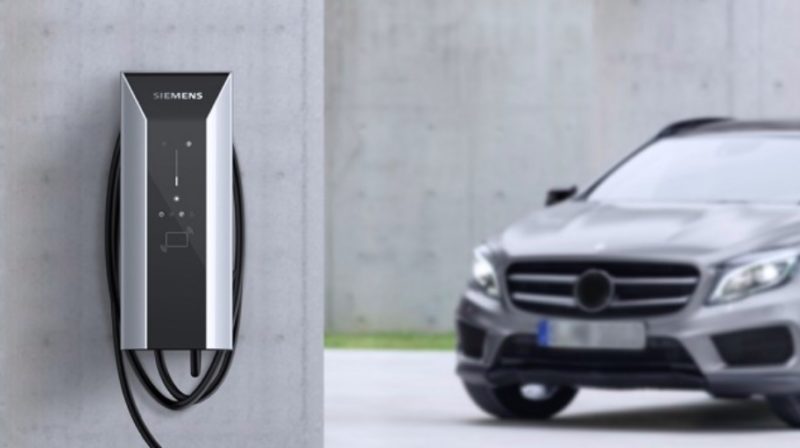German technology vendor Siemens has signed a deal with New Zealand energy company YHI Energy to distribute its electric vehicle charging infrastructure across the country, in response to growing government-backed demand for EVs.
Under the deal, YHI will offer three Siemens charging products across a range of sizes and power-grades for residential, commerical and public use.
They include the small Versicharge AC Smart Wallbox, a 7.2kW-22kW wallbox charger; the medium sized Sicharge CC AC22 dual-port pedestal, a 22kW charger; and the large Sicharge D high power DC charger, a 160kW-300kW charger that allows up to five vehicles to be charged in parallel.
It comes after Siemens also signed a deal to supply its industrial 125kW-800kW, designed for buses and trucks, to bus operator Go Bus.
A spokesperson said there were currently agreements in place to distribute charging infrastructure in Australia.
Electrification of transport is official government policy in New Zealand. By 2025, Jacinda Ardern’s Labour government says all government vehicles and all new buses must be zero emissions by 2025 – either battery electric or hydrogen fuel cell – and wants to put 60,000 new private EVs on the road by 2023.

This will require major infrastructure upgrades in homes, car parks and refuelling stations.
Siemens New Zealand CEO Paul Ravlich said his company’s charging equipment was “gaining significant traction” in New Zealand.
“However, to keep up with the demand and to also explore new avenues, we need a local partner with deep market knowledge and a reputation for being the best in the business. YHI Energy isn’t just a distributor but also a like-minded company that is passionate about the opportunity of playing a role in reducing New Zealand’s carbon footprint. We are excited about this partnership and look forward to working closely with YHI Energy.”
Chris Talbot, managing director for YHI Energy, said customer demand had prompted the company to move into EV charging infrastructure.
“We’re looking forward to working closely with Siemens to deliver to our customers and help New Zealand’s decarbonisation journey,” he said.
Electrification of transport is bipartisan policy in New Zealand, with both Ardern’s Labour and the conservative Nationals going to last year’s election with measures to increase EV take up.
That’s in stark contrast to Australia, where the federal government has offered no incentives at all to encourage EV take-up, leaving states to introduce dubious policies such as Victoria’s confusing mix of incentives and taxes on EVs.
Currently more than 26,000 EVs are registered in New Zealand. That’s more than the approximately 20,000 EVs in Australia, a country with five times the population of New Zealand.
James Fernyhough is a reporter at RenewEconomy and The Driven. He has worked at The Australian Financial Review and the Financial Times, and is interested in all things related to climate change and the transition to a low-carbon economy.

